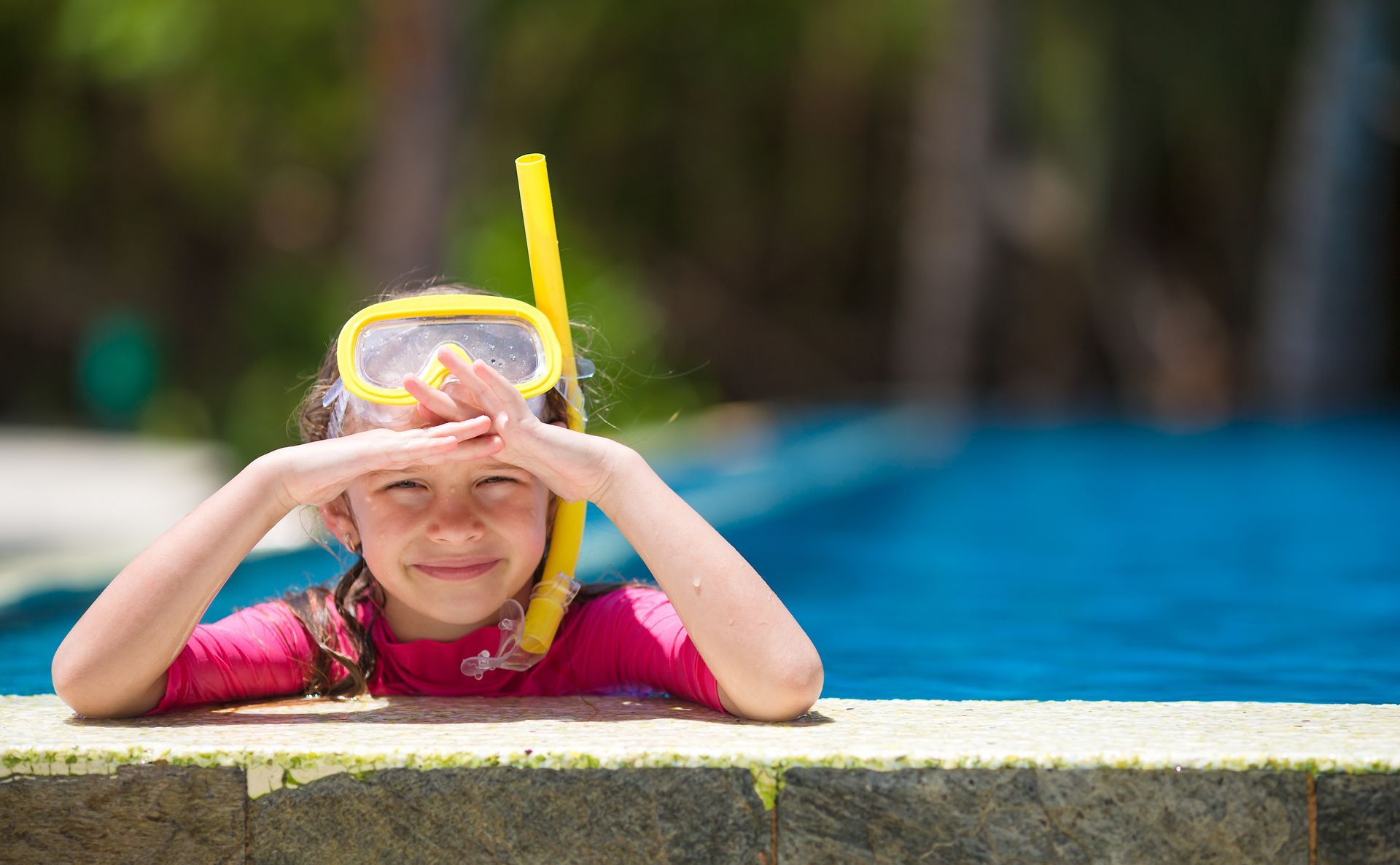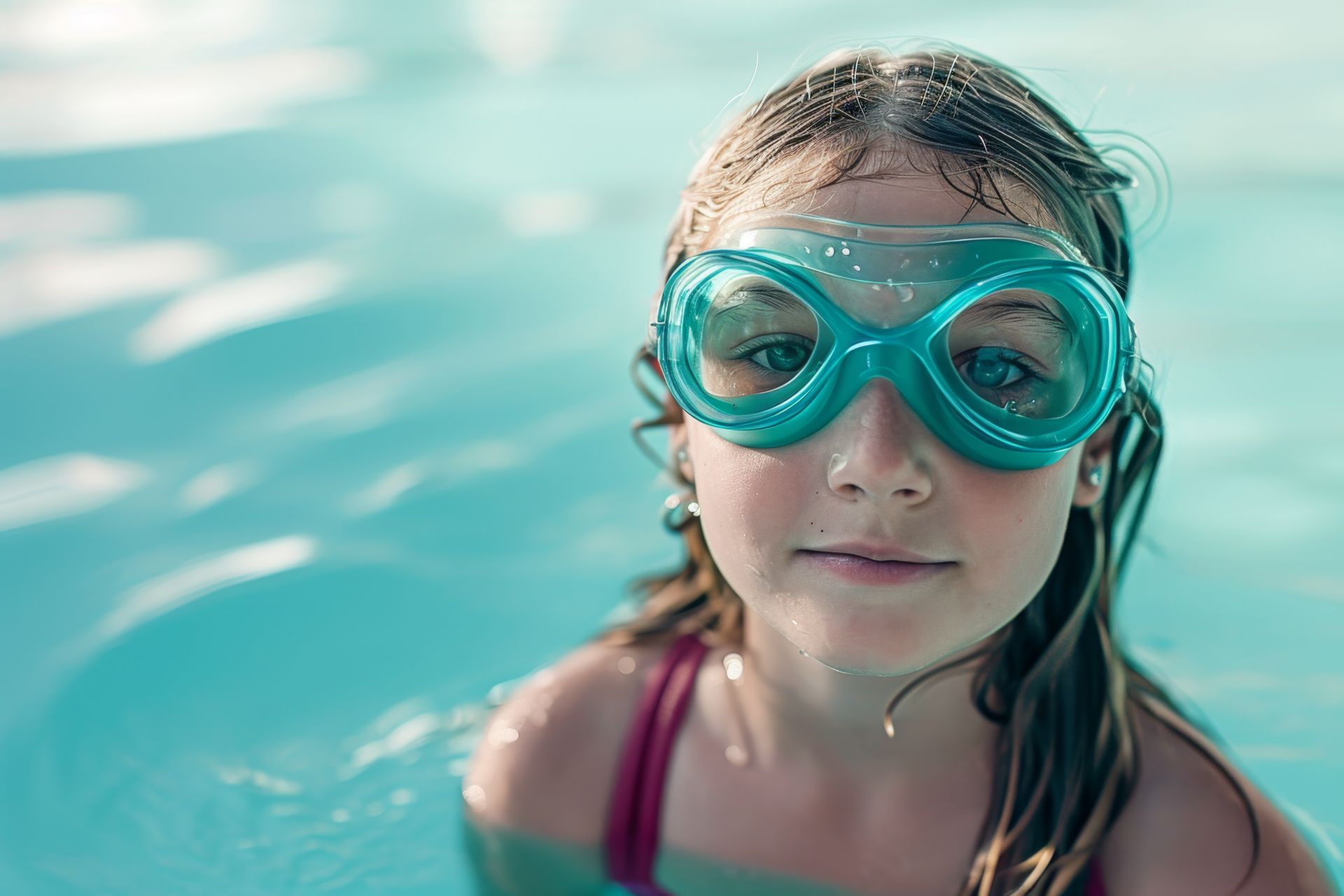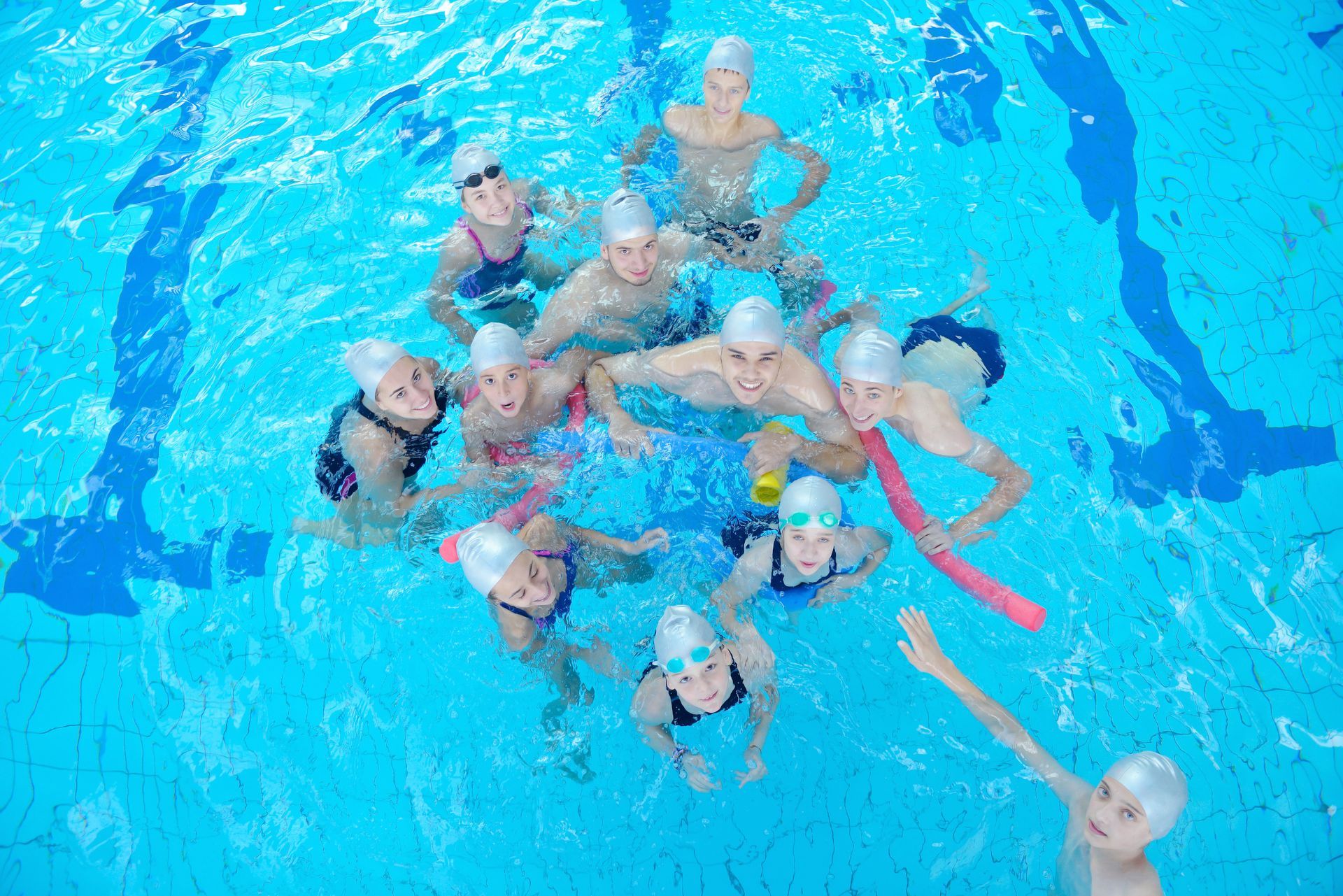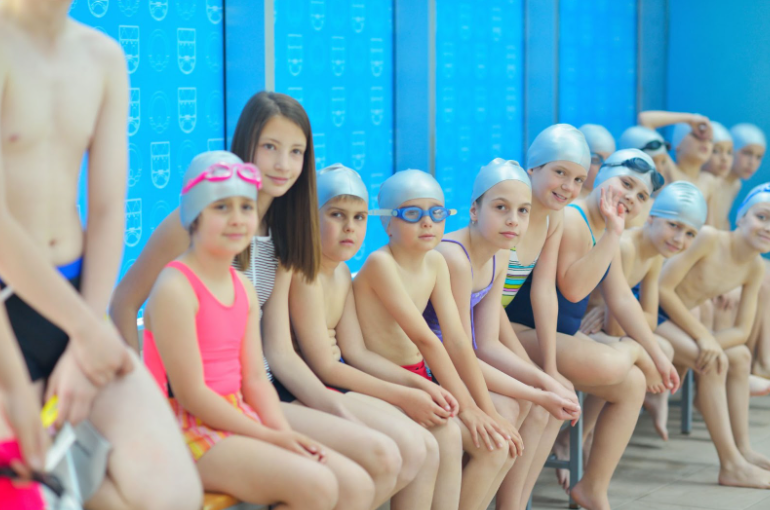What Is The Right Age For Kids to Learn Swimming?
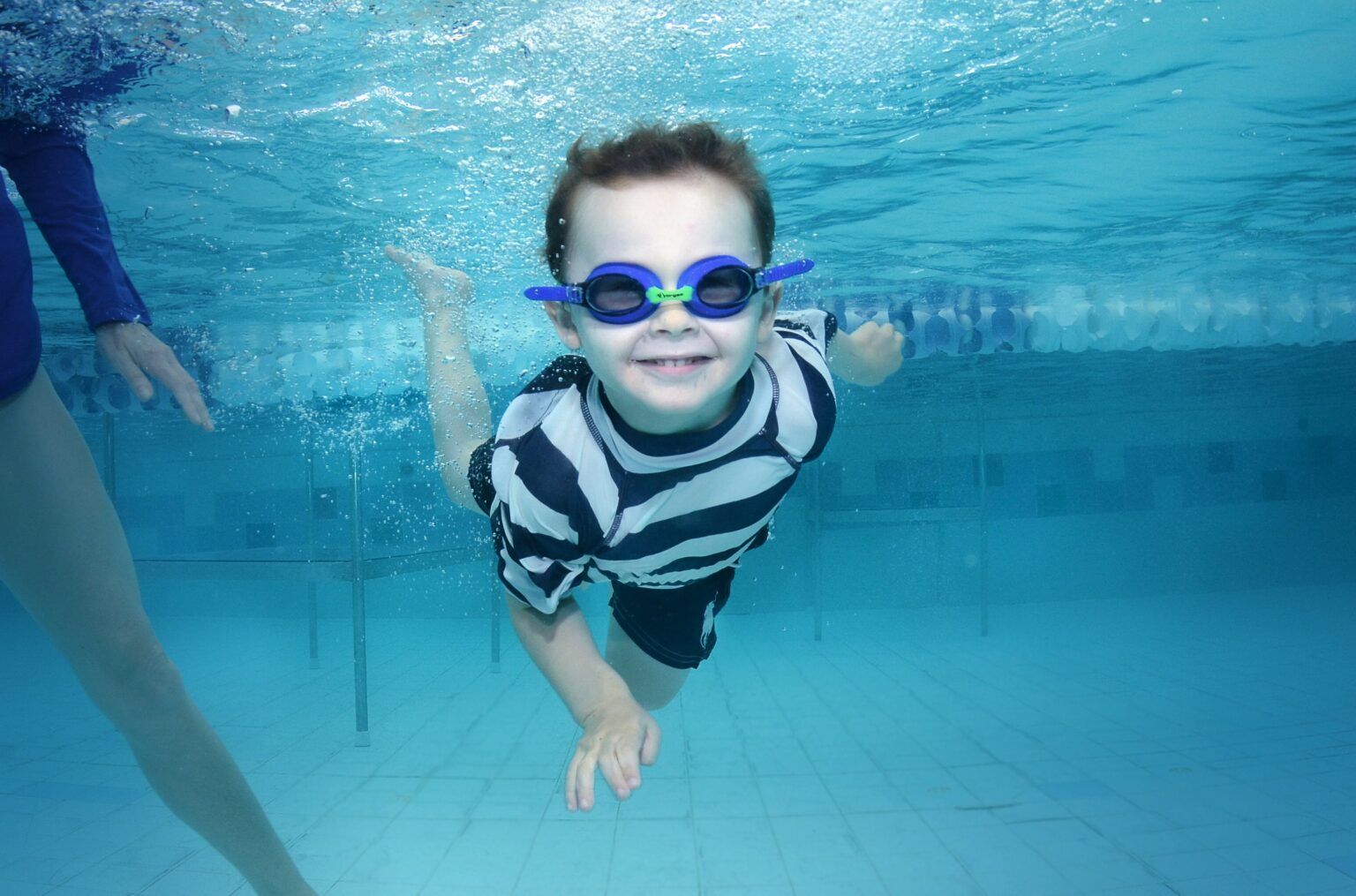
Swimming is a critical life-saving skill for kids, but at what age should they begin learning? This answer varies depending on physical development, maturity level, and safety measures. As there is no set response, parents must take all of these factors into consideration when making their decision to start swimming lessons for children.
Dive deeper into this matter to discover the essential aspects of teaching swimming lessons and pick up useful advice on how to make sure kids get the best out of their pool time.
Benefits and Risks
Swimming offers a multitude of advantages for children, including increased cardiovascular health, expanded lung capacity, and strengthened muscles. Furthermore, it is an excellent form of physical activity particularly beneficial to kids with asthma or other respiratory issues since the humid air in the pool aids in opening up their airways. Additionally, swimming can help children develop their coordination, balance, and flexibility, and it’s a fun activity that can be enjoyed year-round.
Drowning is a foremost hazard for children, especially if left alone or swimming in waters that are deep and unfamiliar. With this in mind, it’s essential to supervise youngsters when around water and teach them about being safe. This includes never splashing solo, remaining within their abilities, plus knowing what to do during an emergency situation.
Swimming Readiness
Swimming is a vital skill that all kids should acquire, yet it’s necessary to guarantee they are equipped and not just thrown into the deep end. We call this swimming readiness: the physical and mental capabilities of children that allow them to swim with certainty and safety.
Physical development is an important factor in determining swimming readiness.
Children must have sufficient coordination, strength, and endurance to be able to swim without getting exhausted or injured. They should be able to move their arms and legs simultaneously in a coordinated manner, maintain a horizontal body position, and control their breathing. The development of these skills will vary among children, and age alone is not an accurate indicator of swimming readiness.
Building Confidence
Swimming is a great skill for children to learn, not only for the physical benefits but also for building their confidence in the water. As children become more confident in their swimming abilities, they are less likely to feel fearful and anxious around water. The earlier they start learning, the better they will become, and the more likely they are to view swimming as a fun and enjoyable activity. Building confidence in children is crucial when it comes to swimming. It is important to start by teaching children basic water safety rules, such as never swimming alone or jumping into deep water without adult supervision. Providing children with these rules can make them feel more secure and confident in the water.
In conclusion, learning how to swim is an essential life skill that every child should learn. By providing guidance, support, and positive reinforcement, children can become confident swimmers and enjoy a lifetime of safe and fun-filled water activities.
Swim lessons teach your child the skills they need to be safe in the water. Not sure what level to sign them up for? Click here to see the swim lesson levels offered at SwimJim today!
The post What Is The Right Age For Kids to Learn Swimming? appeared first on Swim Jim.
